Senators share messages for Indigenous youth on the National Day for Truth and Reconciliation
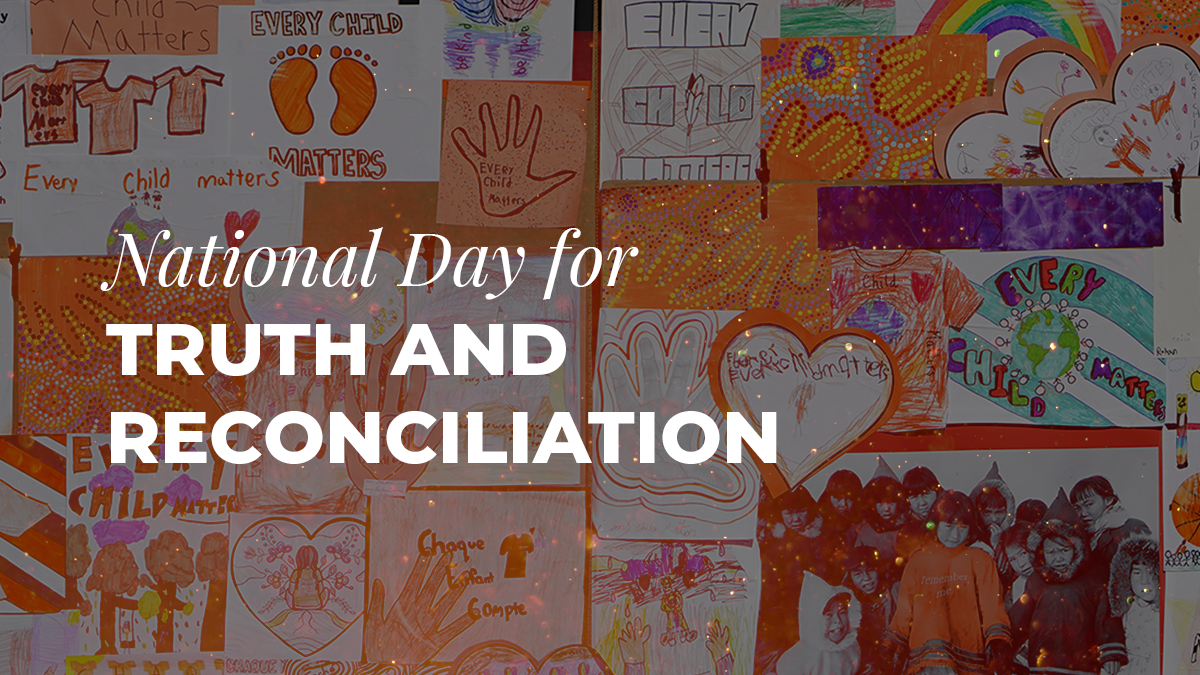
Content warning: This webpage contains information about violence related to the Indian Residential Schools system, which may be distressing to some readers.
Safe and respectful mental health and emotional support services are available without judgment and in complete confidentiality:
- National Indian Residential School Crisis Line: 1-866-925-4419
- Hope for Wellness Help Line: 1-855-242-3310, or chat online
- Kids Help Phone:
- Youth can call 1-888-668-6810 or send a text message to 686868.
- Adults can send a text message to 741741.
September 30 is the National Day for Truth and Reconciliation — a time to honour Indian Residential School Survivors and the memories of those children who never returned home.
This solemn day began as Orange Shirt Day, which itself arose from an Indigenous-led grassroots movement to promote the concept that “Every Child Matters” and to raise awareness of the intergenerational impacts of residential schools. Individuals are still encouraged to wear orange to mark this day’s significance.
Read senators’ reflections on what this day means to them and their messages for Indigenous youth.
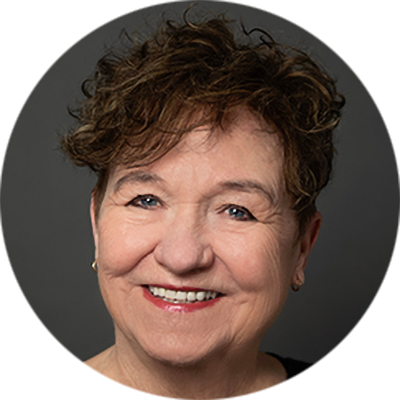
Senator Yvonne Boyer
The phrases “Canada’s Indigenous Peoples” and “our Indigenous people” send shivers up the spines of Métis, First Nations and Inuit. It's a paternalistic term — we do not, nor have we ever, belonged to Canada or to you. These phrases are a continuation of attempts to assimilate Métis, First Nations and Inuit in Canada that fail.
Indigenous people are the first peoples of Canada; we are a critical part of Canada’s history. Now, as we continue to do the hard work of reconciliation — together — from coast to coast, we must ensure that our history is not forgotten.
Today, on National Truth and Reconciliation Day, the message I want to send to our youth is: Our people have been on this land since time immemorial, and we will continue to be here. You are our present, and our future, and can accomplish anything you set your mind to. Do not let anyone tell you otherwise.
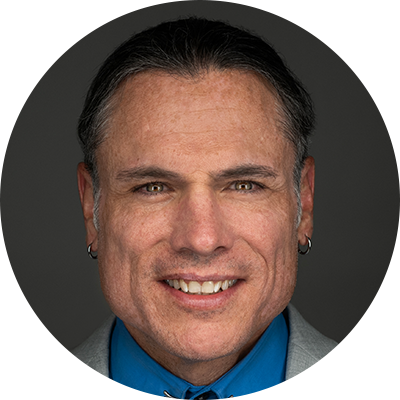
Senator Patrick Brazeau
As we consider this day in 2024, let’s take a moment to appreciate that we have First Nations men and women at the Supreme Court of Canada, the Senate and the House of Commons. We have First Nations business leaders, doctors, lawyers, financial consultants, traditional knowledge holders, nurses, police officers, social workers, therapists, architects, planners and more.
However, we also still have in Canada the Indian Act, which gives the government of Canada, regardless of party, control over First Nations people and lands reserved for us. With all the professional expertise First Nations have, why do we not control our own affairs? When we have this, we will have reconciliation.
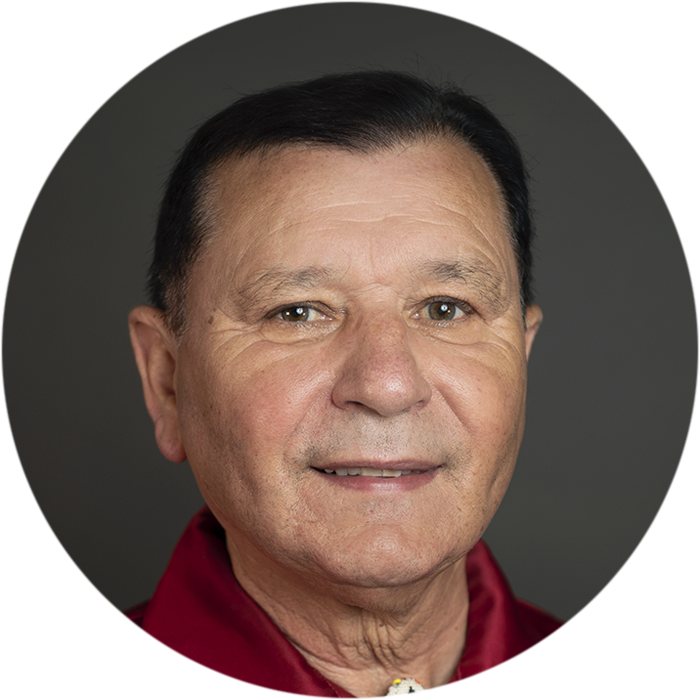
Senator Brian Francis
As a Survivor of the Indian Day School System and Senate sponsor of the federal legislation that established the National Day for Truth and Reconciliation, September 30 holds profound significance.
The day is a testament to the strength, courage and resilience of Survivors of the Residential School System and many other forms of violence perpetrated against generations of Indigenous peoples. It also represents an important public acknowledgement of our pain and loss, and a solemn vow to remember, honour and mourn all the lives lost and still impacted by this history.
For far too long, the truth about this country remained hidden and unspoken. However, now, on this day, we come together to confront the past and change the future. We owe a debt of respect, gratitude and care to those who have carried the burden of truth, justice and reconciliation. Today, and throughout the entire year, I am hopeful that everyone in Canada will commit to listen and learn from Indigenous peoples, and to support us and our efforts to ensure that future generations never endure what we did.
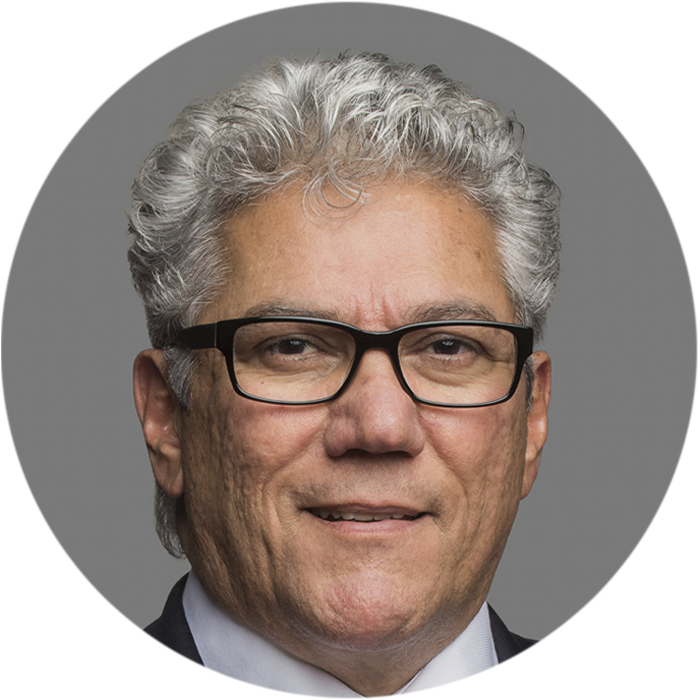
Senator Marty Klyne
Every September 30, we honour and remember the victims of residential schools, including the children who never came home and the Survivors whose bravery revealed the cruel truths of these institutions. The Survivors’ courage is a reminder of the resiliency of Indigenous Peoples in Canada.
As we remember the victims and seek healing, we acknowledge significant strides toward reconciliation this past year. Parliament passed Bill C-29, establishing a National Council for Reconciliation, a permanent, Indigenous-led organization to advance reconciliation. Manitobans elected the first First Nations premier of a Canadian province.
This fall sitting, senators can continue to make a difference through legislation answering Truth and Reconciliation Commission Call to Action 6, banning corporal punishment on children and by supporting another bill to ensure Indigenous representation on the Historic Sites and Monuments Board.

Senator Patti LaBoucane-Benson
Reconciliation involves committing to a relationship between and among people of Indigenous and non-Indigenous backgrounds. Like any relationship, it takes respect, kindness, humility and honesty.
On this National Day for Truth and Reconciliation, I invite Canadians to improve their understanding of Métis history and culture.
There is a misconception that the term “Métis” applies to anyone with partly Indigenous ancestry. In fact, Métis national identity developed centuries ago as something very specific, with its own unique language, geography, way of life, and history of persecution and resilience.
I am immensely proud of my ancestors, who forged a rich and unique identity out of First Nations and European elements. And I am proud to be part of the flourishing Métis peoples in Canada today, as we work toward self-determination and a better general understanding of who we are, where we’re from, and what kind of future we want to build.

Senator Paul J. Prosper
For me, Truth and Reconciliation Day is a day of reflection. I agree that it’s important to know the history of residential schools and to understand the profound and lasting impacts they have had on all Indigenous populations from coast to coast to coast. But I also believe that TRC Day should not be a solemn day based on instilling guilt in the non-Indigenous population. It is about knowing the truth so that we can better appreciate the level of resilience required by those who practice a traditional craft. It is about celebrating the immense victory of preserving an Indigenous language imperiled by racist and prejudicial policies and legislation.
To me, TRC Day is a way of deepening the connections between Indigenous and non-Indigenous populations so that we can move forward together to build a bright and better future for the next seven generations.
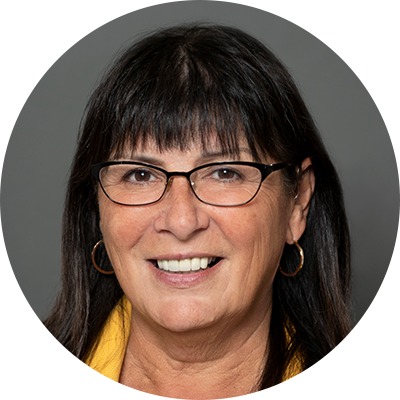
Senator Judy A. White
The National Day for Truth and Reconciliation invites every Canadian to pause and reflect on the painful legacy of residential schools and the enduring trauma of this history for First Nations, Inuit and Métis in Canada. It is a time to remember and honour the thousands of children who were stolen from their families and communities, many of them never making it back home. And a time to recognize the resilience of Survivors and their families. As difficult as these truths are, we cannot build a better and truly inclusive future without properly recognizing them and understanding their lasting impact on Indigenous communities.
Related articles
Tags
Committee news
Senators share messages for Indigenous youth on the National Day for Truth and Reconciliation

Content warning: This webpage contains information about violence related to the Indian Residential Schools system, which may be distressing to some readers.
Safe and respectful mental health and emotional support services are available without judgment and in complete confidentiality:
- National Indian Residential School Crisis Line: 1-866-925-4419
- Hope for Wellness Help Line: 1-855-242-3310, or chat online
- Kids Help Phone:
- Youth can call 1-888-668-6810 or send a text message to 686868.
- Adults can send a text message to 741741.
September 30 is the National Day for Truth and Reconciliation — a time to honour Indian Residential School Survivors and the memories of those children who never returned home.
This solemn day began as Orange Shirt Day, which itself arose from an Indigenous-led grassroots movement to promote the concept that “Every Child Matters” and to raise awareness of the intergenerational impacts of residential schools. Individuals are still encouraged to wear orange to mark this day’s significance.
Read senators’ reflections on what this day means to them and their messages for Indigenous youth.

Senator Yvonne Boyer
The phrases “Canada’s Indigenous Peoples” and “our Indigenous people” send shivers up the spines of Métis, First Nations and Inuit. It's a paternalistic term — we do not, nor have we ever, belonged to Canada or to you. These phrases are a continuation of attempts to assimilate Métis, First Nations and Inuit in Canada that fail.
Indigenous people are the first peoples of Canada; we are a critical part of Canada’s history. Now, as we continue to do the hard work of reconciliation — together — from coast to coast, we must ensure that our history is not forgotten.
Today, on National Truth and Reconciliation Day, the message I want to send to our youth is: Our people have been on this land since time immemorial, and we will continue to be here. You are our present, and our future, and can accomplish anything you set your mind to. Do not let anyone tell you otherwise.

Senator Patrick Brazeau
As we consider this day in 2024, let’s take a moment to appreciate that we have First Nations men and women at the Supreme Court of Canada, the Senate and the House of Commons. We have First Nations business leaders, doctors, lawyers, financial consultants, traditional knowledge holders, nurses, police officers, social workers, therapists, architects, planners and more.
However, we also still have in Canada the Indian Act, which gives the government of Canada, regardless of party, control over First Nations people and lands reserved for us. With all the professional expertise First Nations have, why do we not control our own affairs? When we have this, we will have reconciliation.

Senator Brian Francis
As a Survivor of the Indian Day School System and Senate sponsor of the federal legislation that established the National Day for Truth and Reconciliation, September 30 holds profound significance.
The day is a testament to the strength, courage and resilience of Survivors of the Residential School System and many other forms of violence perpetrated against generations of Indigenous peoples. It also represents an important public acknowledgement of our pain and loss, and a solemn vow to remember, honour and mourn all the lives lost and still impacted by this history.
For far too long, the truth about this country remained hidden and unspoken. However, now, on this day, we come together to confront the past and change the future. We owe a debt of respect, gratitude and care to those who have carried the burden of truth, justice and reconciliation. Today, and throughout the entire year, I am hopeful that everyone in Canada will commit to listen and learn from Indigenous peoples, and to support us and our efforts to ensure that future generations never endure what we did.

Senator Marty Klyne
Every September 30, we honour and remember the victims of residential schools, including the children who never came home and the Survivors whose bravery revealed the cruel truths of these institutions. The Survivors’ courage is a reminder of the resiliency of Indigenous Peoples in Canada.
As we remember the victims and seek healing, we acknowledge significant strides toward reconciliation this past year. Parliament passed Bill C-29, establishing a National Council for Reconciliation, a permanent, Indigenous-led organization to advance reconciliation. Manitobans elected the first First Nations premier of a Canadian province.
This fall sitting, senators can continue to make a difference through legislation answering Truth and Reconciliation Commission Call to Action 6, banning corporal punishment on children and by supporting another bill to ensure Indigenous representation on the Historic Sites and Monuments Board.

Senator Patti LaBoucane-Benson
Reconciliation involves committing to a relationship between and among people of Indigenous and non-Indigenous backgrounds. Like any relationship, it takes respect, kindness, humility and honesty.
On this National Day for Truth and Reconciliation, I invite Canadians to improve their understanding of Métis history and culture.
There is a misconception that the term “Métis” applies to anyone with partly Indigenous ancestry. In fact, Métis national identity developed centuries ago as something very specific, with its own unique language, geography, way of life, and history of persecution and resilience.
I am immensely proud of my ancestors, who forged a rich and unique identity out of First Nations and European elements. And I am proud to be part of the flourishing Métis peoples in Canada today, as we work toward self-determination and a better general understanding of who we are, where we’re from, and what kind of future we want to build.

Senator Paul J. Prosper
For me, Truth and Reconciliation Day is a day of reflection. I agree that it’s important to know the history of residential schools and to understand the profound and lasting impacts they have had on all Indigenous populations from coast to coast to coast. But I also believe that TRC Day should not be a solemn day based on instilling guilt in the non-Indigenous population. It is about knowing the truth so that we can better appreciate the level of resilience required by those who practice a traditional craft. It is about celebrating the immense victory of preserving an Indigenous language imperiled by racist and prejudicial policies and legislation.
To me, TRC Day is a way of deepening the connections between Indigenous and non-Indigenous populations so that we can move forward together to build a bright and better future for the next seven generations.

Senator Judy A. White
The National Day for Truth and Reconciliation invites every Canadian to pause and reflect on the painful legacy of residential schools and the enduring trauma of this history for First Nations, Inuit and Métis in Canada. It is a time to remember and honour the thousands of children who were stolen from their families and communities, many of them never making it back home. And a time to recognize the resilience of Survivors and their families. As difficult as these truths are, we cannot build a better and truly inclusive future without properly recognizing them and understanding their lasting impact on Indigenous communities.


